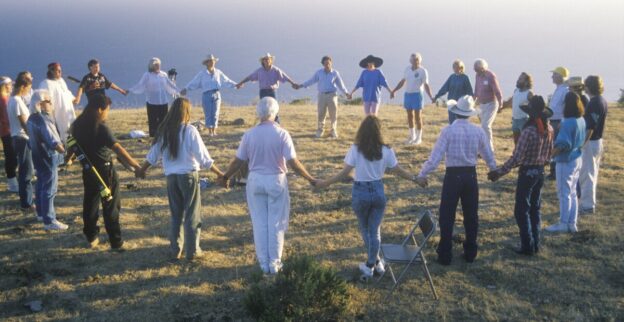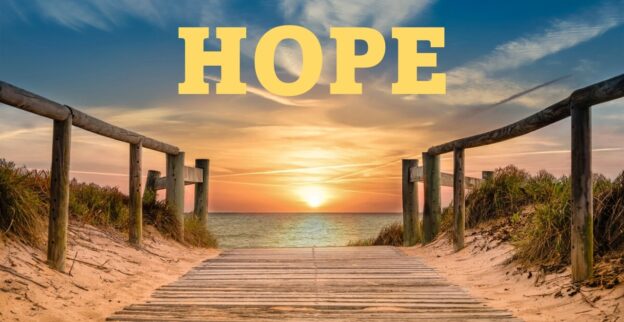Finding Your Voice was one of many themes we explored in our conversation circles this year. In these conversation circles, we discussed our physical voice, the outer voice we use for speaking, singing, and perhaps chanting; our inner voice, the internal monologue in our head that provides the words and images that reflect our thoughts and imaginings; and our figurative voice, our authentic voice, what we believe and what we truly stand for, the voice that is manifesting in our speaking and writing.
Thinking about the singing voice brings to mind my mother. As a teenager, long before I was born, she sang in the church choir. At home, while I was growing up, she was always singing. Singing while cooking or doing the dishes, or at anytime while working around the house or in the garden. She had a beautiful voice. I wonder now why we never recorded her singing. A missed opportunity!
As we come to the end of the year, many of us take time to reflect, celebrating our accomplishments, noting what went well and maybe what didn’t go as planned, thinking about what we learned, remembering the people who came into our lives and those who departed. Then, looking forward to the new year, thinking about our aspirations and setting intentions.
As readers of my blog posts may know, I select and share my word of the year. A word that represents my area of focus, a touchstone for my thinking, writing, and speaking in the year ahead. Emergence, surrender, and hope were the words of recent years. I am now in the process of selecting my word for the upcoming year, a word that may guide the finding of my voice, and inspire responsible action. I am reflecting on the following questions and invite us all to do the same: What do we stand for? Who will we be and how will we show up in the world? How will we find and use our individual voice and our collective voices in the coming year? I wish you success with finding your voice.
Originally published on the Dr. Paul Ward Blog.









